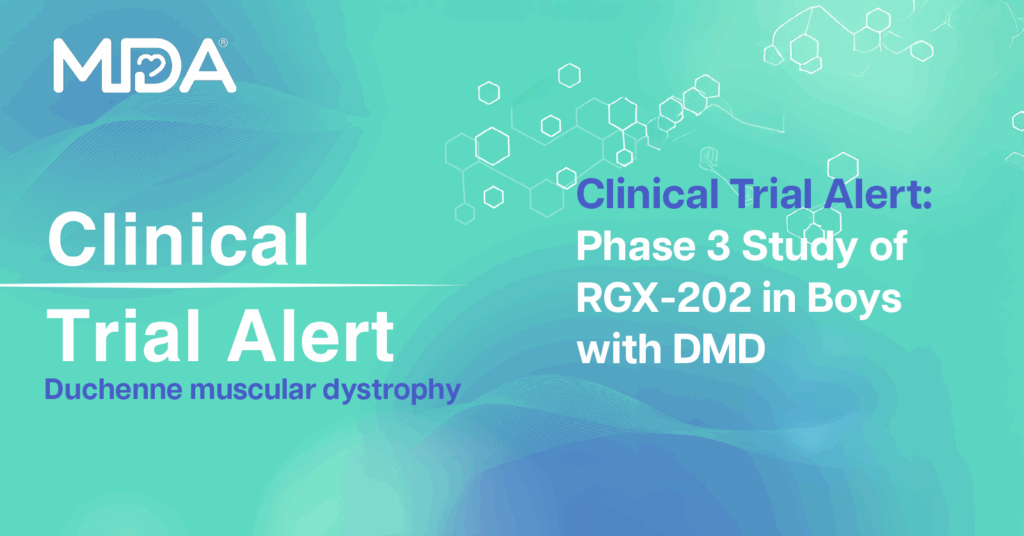
Kadimastem Announces Positive Interim Results from Phase 1/2a Study of AstroRx in ALS
By Jeanene Swanson | Thursday, December 5, 2019
Israel-based Kadimastem Ltd. announced positive interim results from the first cohort of its phase 1/2a clinical trial evaluating the safety, tolerability, and preliminary efficacy of AstroRx in patients with amyotrophic lateral sclerosis (ALS). Results presented at the 7th International Stem Cell Meeting of the Israel Stem Cell Society held recently in Tel Aviv, Israel, showed that patients treated with AstroRx showed reduced disease progression in the first three months after treatment, and the drug appeared to be well tolerated. Based on these results, an independent data safety monitoring board has recommended the trial continue, and the company has dosed the second cohort.
ALS is a progressive neuromuscular disease that destroys muscle-controlling nerve cells called motor neurons, causing muscles to become nonfunctional and thus leading to muscle weakness, disability, and eventually death. AstroRx is a clinical-grade manufactured cell therapy product consisting of healthy astrocytes derived from human embryonic stem cells (hESCs). (Astrocytes are cells that help support and repair cells in the central nervous system, including the brain and spinal cord.) AstroRx is designed to protect and support failing motor neurons, with the goal of slowing the progression of ALS. The AstroRx cells are injected into the spinal cord fluid of patients with ALS.
About the trial
The study is the first human clinical trial utilizing human astrocytes to treat patients with ALS. As a dose-finding study, four cohorts of patients will be treated with various doses of AstroRx cells. The trial is being conducted in Hadassah Medical Center in Israel and is expected to enroll 21 patients.
Five patients from the first cohort were treated with the lowest dose. After three months follow-up post-treatment, no serious adverse events or dose-limiting toxicities were reported.
Preliminary efficacy was also seen, based on the change in ALS Functional Rating Scale-Revised (ALS-FRS-R) score before and after treatment (ALS-FRS-R is a standard measure to assess ALS progression). During the three months before treatment, the ALS-FRS-R score decreased by an average rate of 0.87 points per month, compared to an average change of +0.26 points per month in the three months after treatment. According to the company, these results suggest that disease progression slowed during the first three months post-treatment compared to the pre-treatment period.
The second cohort has been treated with a single medium dose of AstroRx. The company recently submitted a protocol amendment to the Ethics Committee and the Israeli Ministry of Health. Under the revised protocol, patients in the third cohort will receive two treatments, at a three-month dosing interval, of low-dose AstroRx, and patients in the fourth cohort will receive two treatments, also at a three-month interval, of medium-dose AstroRx (under the previous protocol, patients in the third cohort were to have received repeated, medium-dose AstroRx).
The US Food and Drug Administration (FDA) granted Orphan Drug designation to AstroRx for treating ALS in November 2018.
For more information about the trial results, read the press release, and to learn more about the protocol amendment, read the latest press release. To learn more about the clinical trial, visit ClinicalTrials.gov and enter “NCT03482050” in the search box.
TAGS: Clinical Trials, Drug Development, Research, Research Advances
TYPE: Blog Post
Disclaimer: No content on this site should ever be used as a substitute for direct medical advice from your doctor or other qualified clinician.




